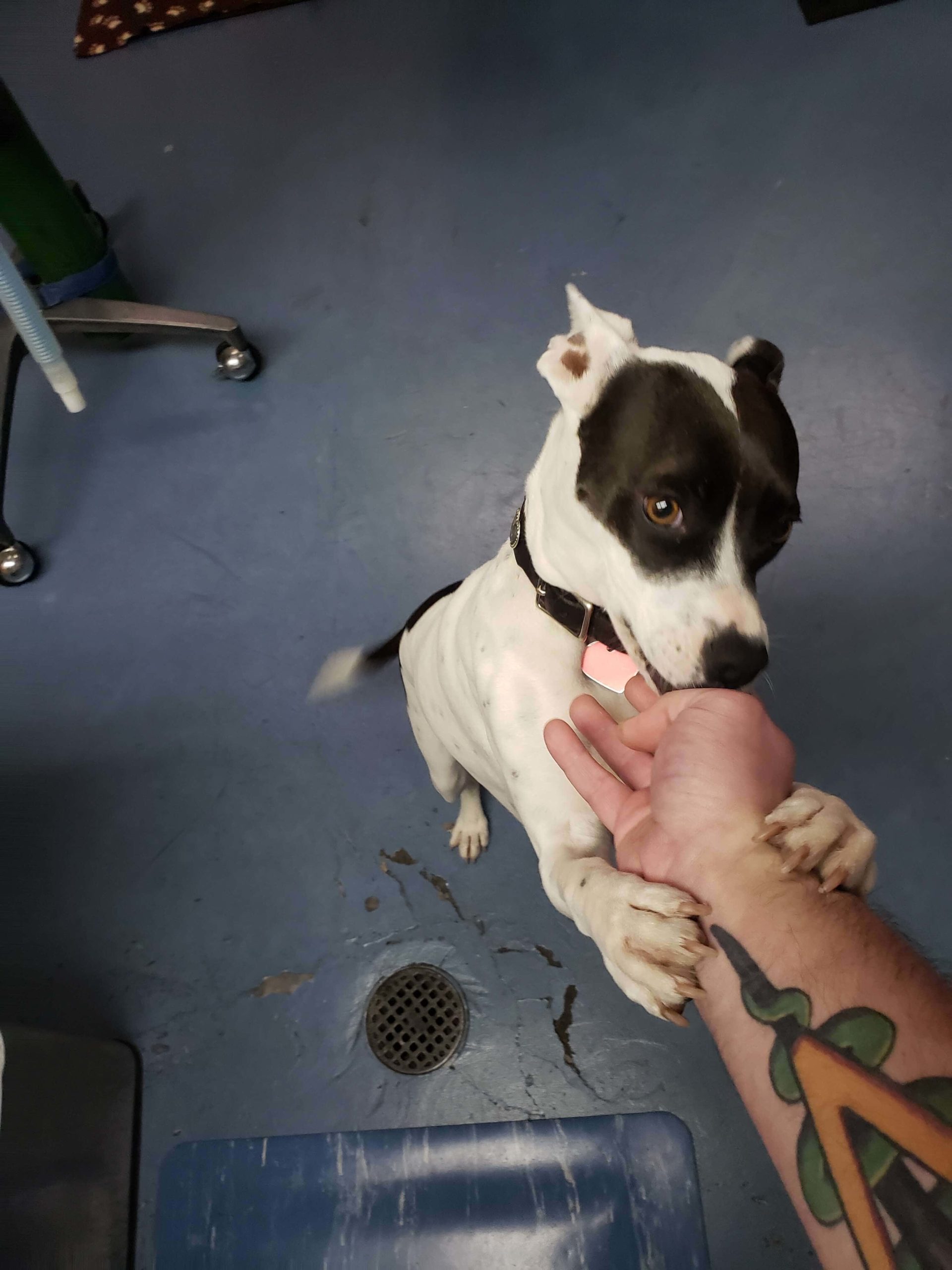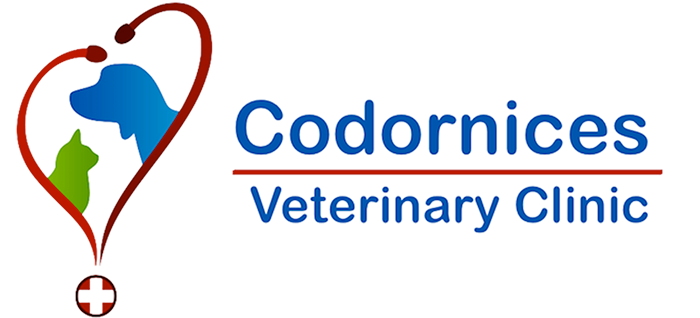
Humble Beginnings? Absolutely.
Simple Aesthetics? Certainly.
But Codornices Veterinary Clinic Is So Much More Than That.
We take pride in understanding the bond between pet and owner and always try to provide both with sensible, compassionate care. So many of our clients have been with us for years – decades – and generations of families trust Codornices to be there for them. The truest benefit that we get is to see that bond get to continue for as long as it can. From general wellness care to much more complex cases, the Staff at Codornices Veterinary Clinic always look towards what is best for the pet. They are our patients. And we know that this animal-focused care will also align with our client’s best interests and intentions.
Then every night when we “close up shop” and leave that unassuming building between donuts and laundry, we know that we have done the best that we could have. We have cared for your pets.
“All Veterinary Clinics Provide Care For Pets, But Not Everyone Cares About Them.”
Having worked around animals since the mid-1990s (starting at the Berkeley Humane Society’s animal shelter), I feel like I have gained an appreciation for the people who love and take care of animals. (The appreciation that I have for the animals themselves was already a part of me.) All veterinary clinics provide care for pets, but not everyone cares about them. When I started at Codornices Veterinary Clinic over 13 years ago, that was the first thing that I was impressed by. From all of the Veterinarians (Dr. Hack!) down to every member of their support staff, Codornices meant to care for and about the pets. And a long-standing, deeply passionate client base returned that care to Codornices. While things will always continue to change and evolve, this has been the one consistent through-line of Codornices.
From all of our new clients to the large group of folks that I have known for all of these past 13 years, I cherish that. It makes what can be a very stressful job (from the front desk to the technician treatment room to the Doctors’ Office) just that much more rewarding. That feeling of community is passed through every dog and cat that we see. From the timid ones that need coaxing and soft, kind words to the pure bolts of energy that will jump on you and attack you with love, making their experiences and their humans’ relationships with them through all of the evolving life stages is both what we do, and why we do it.
I have often told people that the biggest gift our animals give us is allowing us to love them. I strongly feel that. They come into our lives for far too short of a time. As pet owners, we cherish that, and as the medical professionals that have been chosen to shepherd them along through this life, we appreciate that gift.
Our Practice Manager Eric Armstrong believes this quote from Henry Beston’s The Outermost House sums up best how he feels about our pets:
“We need another and a wiser and perhaps a more mystical concept of animals. Remote from universal nature and living by complicated artifice, man in civilization surveys the creature through the glass of his knowledge and sees thereby a feather magnified and the whole image in distortion. We patronize them for their incompleteness, for their tragic fate for having taken form so far below ourselves. And therein do we err. For the animal shall not be measured by man. In a world older and more complete than ours, they move finished and complete, gifted with the extension of the senses we have lost or never attained, living by voices we shall never hear. They are not brethren, they are not underlings: they are other nations, caught with ourselves in the net of life and time, fellow prisoners of the splendour and travail of the earth.”

